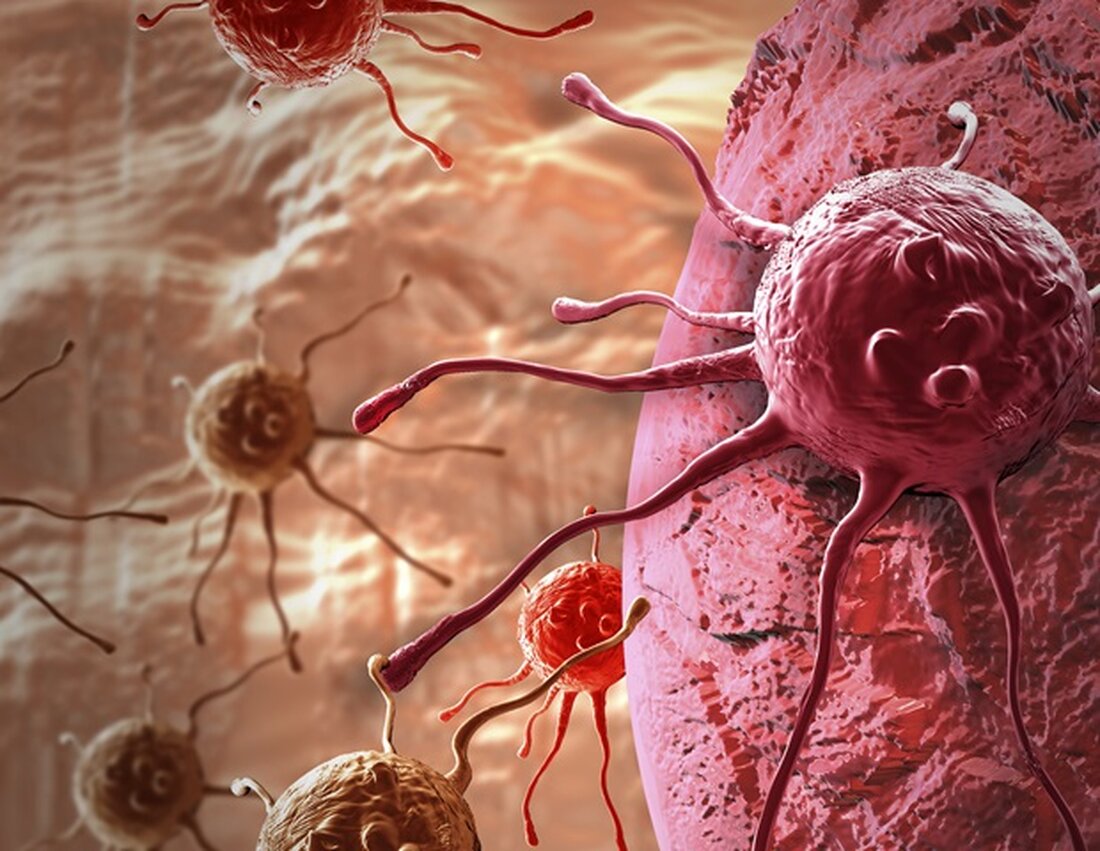Temperature changes could be the reason for the link between circadian disruption and cancer
Disturbances in circadian rhythms – the way our bodies change in response to the 24-hour light-dark cycle – have been linked to many different diseases, including cancer. The connection between the two has so far been poorly researched, although shift workers and other people with irregular working hours regularly experience these disorders. However, a new discovery from Scripps Research helps answer the question of what might be behind this correlation. The surprising link between circadian disruption and cancer may be related to temperaturePlay Video credit: Scripps Research The findings, published September 28, 2022 in Science Advances, show that chronic circadian...

Temperature changes could be the reason for the link between circadian disruption and cancer
Disturbances in circadian rhythms – the way our bodies change in response to the 24-hour light-dark cycle – have been linked to many different diseases, including cancer. The connection between the two has so far been poorly researched, although shift workers and other people with irregular working hours regularly experience these disorders. However, a new discovery from Scripps Research helps answer the question of what might be behind this correlation.
The surprising link between circadian disruption and cancer may be related to temperaturePlay
Video credit: Scripps Research
The results, published September 28, 2022 in Science Advances, show that chronic circadian disruption significantly increased lung cancer growth in animal models. By identifying the genes involved, researchers are shedding light on the mysterious connection between our sleep habits and disease, which could help in everything from developing more targeted cancer treatments to better monitoring of high-risk groups.
There has always been a lot of evidence that shift workers and other people with sleep disorders are more likely to develop cancer, and our goal for this study was to find out why that is.”
Katja Lamia, PhD, senior author, associate professor, Department of Molecular Medicine, Scripps Research Institute
To answer this question, the scientists used a mouse model with expressed KRAS - the most commonly mutated gene in lung cancer. Half of the mice were kept in a “normal” light cycle, i.e. 12 hours of light and 12 hours of darkness. The other half were placed on a light cycle designed to resemble that of shift workers, with light hours shifted eight hours earlier every two or three days.
The results were consistent with the researchers' original assumption: Mice exposed to the irregular, changing light patterns had a 68% increased tumor burden.
But when they used RNA sequencing to determine the different genes involved in cancer growth, they were surprised to find that a cluster in the heat shock factor 1 (HSF1) protein family was the main cause.
"This is not the mechanism we expected here. HSF1 has been shown to increase the rate of tumor formation in several different cancer models, but it has never been linked to circadian rhythm disruption before," says Lamia.
HSF1 genes are responsible for ensuring that proteins are still manufactured correctly even when a cell is exposed to extreme stress - in this case, when it experiences temperature fluctuations. The team suspects that HSF1 activity increases in response to circadian disruption because changes in our sleep cycles disrupt the daily rhythm of our body temperature.
"Normally, our body temperature changes by one or two degrees while we sleep. If shift workers don't experience this normal drop, it could disrupt the normal functioning of the HSF1 signaling pathway - ultimately leading to further dysregulation in the body." adds Lamia. She believes cancer cells could exploit the HSF1 pathway to their own advantage and create mutated, misfolded proteins, but says more research is needed in this area.
These findings not only shape our understanding of how circadian rhythms impact cancer, but may also provide a preventive opportunity to protect more vulnerable groups. By non-invasively monitoring body temperature, it could be possible to optimize the working hours of shift workers and even stop this type of dysregulation, which can lead to cancer.
With these findings, the scientists are now examining whether HSF1 signaling is necessary for increasing tumor burden and is not just a correlation.
“Now that we know that there is a molecular connection between HSF1, circadian disruption and tumor growth, our task is to find out how they are all connected,” says Lamia.
Source:
Reference:
Pariollaud, M., et al. (2022) Circadian disruption enhances HSF1 signaling and tumorigenesis in Kras-related lung cancer. Scientific advances. doi.org/10.1126/sciadv.abo1123.

 Suche
Suche
 Mein Konto
Mein Konto
